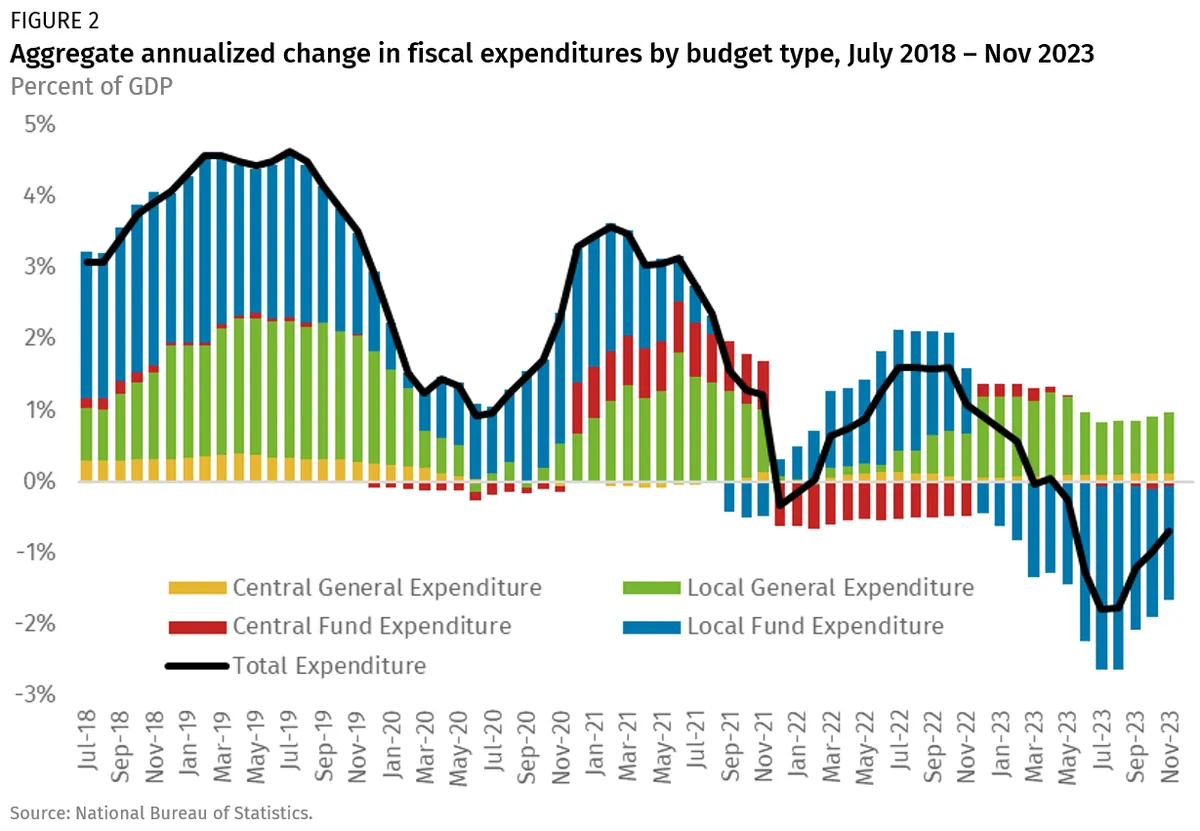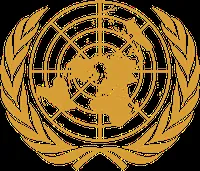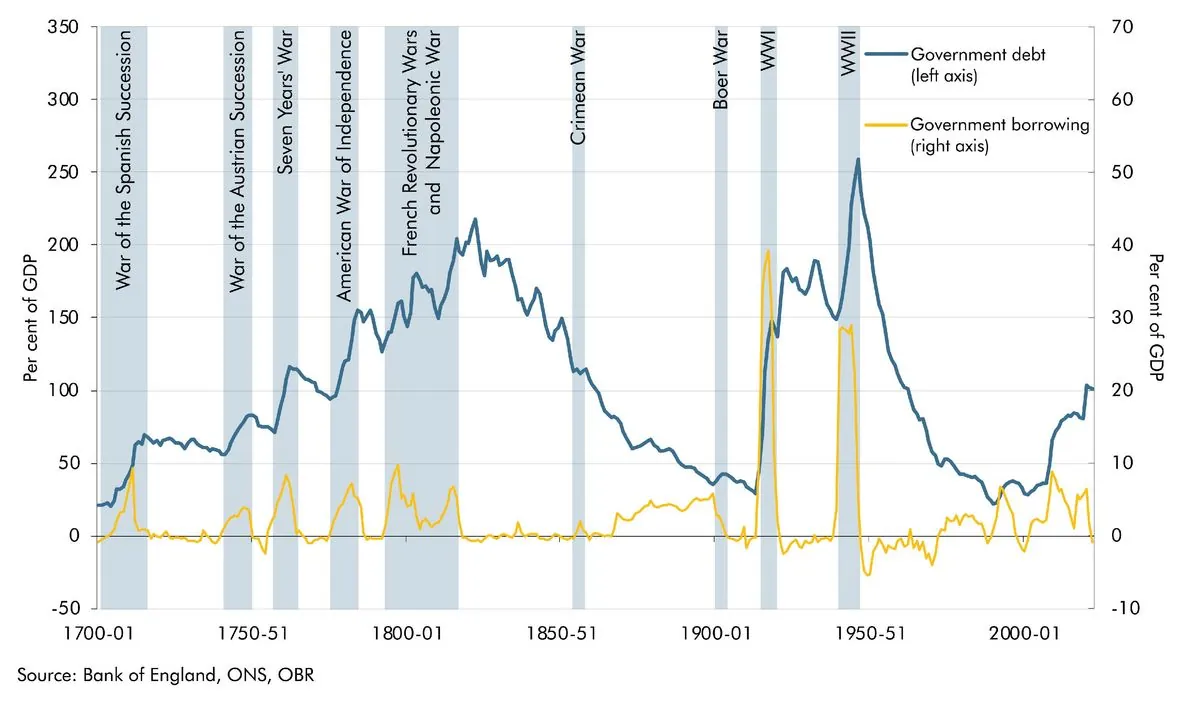Chinese Economist Vanishes After Alleged Criticism of Xi's Economic Policies
Prominent Chinese economist Zhu Hengpeng has disappeared from public view following his detention and removal from a state-run think tank. His case highlights growing concerns about China's economic challenges and government censorship.

A notable Chinese economist, Zhu Hengpeng, has not been seen in public since April 2024, following his alleged criticism of President Xi Jinping's economic policies. This disappearance coincides with China's ongoing economic challenges and the government's efforts to suppress dissenting voices.
Zhu, formerly the deputy director at the Institute of Economics within the Chinese Academy of Social Sciences, was reportedly detained by officials in spring 2024 and removed from his position. His detention is believed to be linked to comments made in a private WeChat group, where he allegedly scrutinized Xi's economic judgment.
The economist's last known public appearance was at an industry conference focusing on senior living care systems in late April 2024. Prior to his role at the think tank, Zhu served as an independent director at the state-owned China Meheco Group from 2013 to 2015, specializing in public hospital reforms and medical security issues.

This incident occurs against the backdrop of China's economic slowdown, particularly affected by turmoil in the property sector. The world's second-largest economy is grappling with concerns over debt levels and the government's ability to achieve its 5% growth target. This target, while ambitious, is significantly lower than China's historical double-digit growth rates, reflecting the challenges faced by the nation's economy.
In response to these economic headwinds, the Chinese government announced a fresh stimulus package on September 17, 2024. This included a series of rate cuts by the People's Bank of China and measures to allow banks to hold less cash in reserve. However, some analysts have criticized these efforts as insufficient, arguing that more substantial fiscal support is needed to address the underlying economic issues.
Xi's administration has been promoting a "dual circulation" strategy to boost domestic consumption and reduce reliance on external factors. Additionally, the concept of "common prosperity" has become a central focus of Xi's economic policies, aiming to address wealth inequality. However, these initiatives have faced challenges in implementation and have not yet yielded the desired results.
The disappearance of Zhu is not an isolated incident. It reflects a broader trend of Xi's government cracking down on dissent and negative commentary about China's economic health. Critics have reportedly been detained, imprisoned, or forced into exile, creating an atmosphere of fear and self-censorship among economists and analysts.
"The suppression of diverse economic viewpoints is deeply troubling. Open dialogue and constructive criticism are essential for developing effective policies to address China's complex economic challenges."
This situation highlights the delicate balance between maintaining economic stability and allowing for open discourse on policy matters. As China continues to navigate its economic transition, the international community watches closely, recognizing the global implications of the country's economic policies and practices.
The case of Zhu Hengpeng serves as a stark reminder of the challenges faced by those who voice concerns about China's economic direction, even within the confines of private discussions. As the nation strives to maintain its economic growth and global influence, the question remains whether such stringent control over economic discourse will ultimately hinder or help China's long-term economic prospects.


































